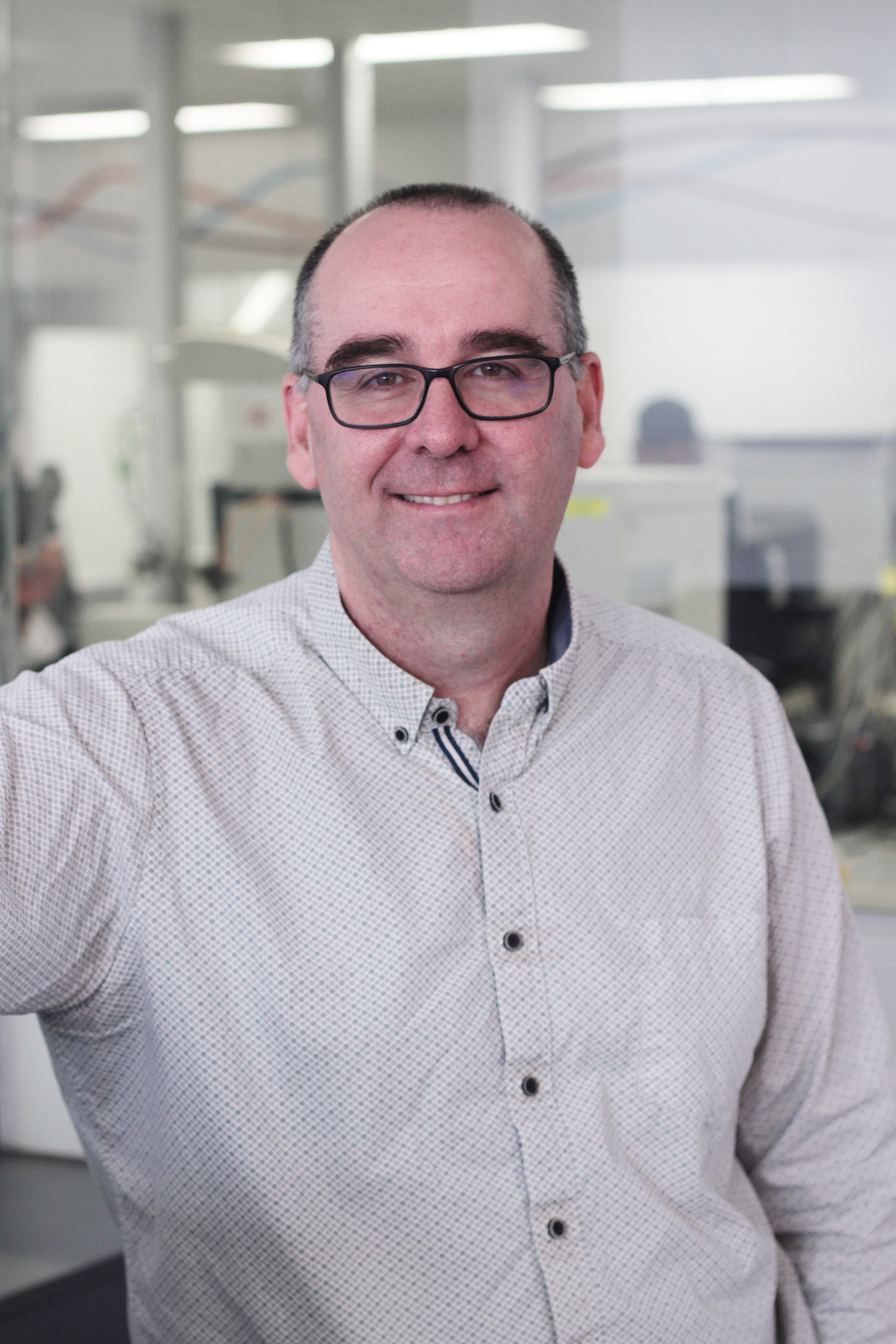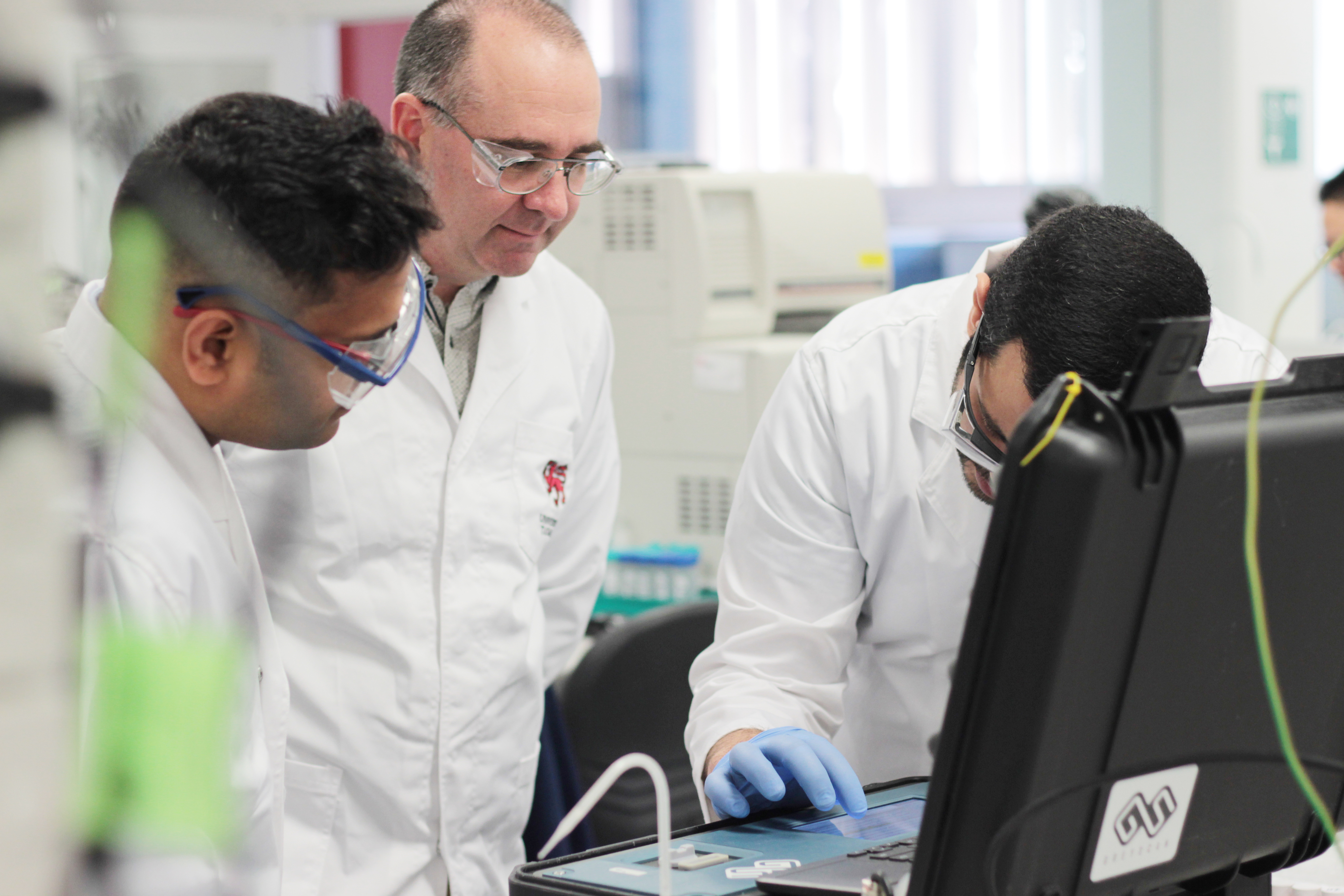An agreement between the University of Tasmanian and industry partner GreyScan will see pioneering chemistry research applied in a way that could dramatically improve efficiency in pharmaceutical manufacturing.
Downtime to verify that there is no contamination of manufacturing lines can be reduced from days to minutes with the development of technology based on trace detection research by Professor Michael Breadmore and his analytical chemistry team at the University.
Use of the technology means pharmaceutical companies can more easily adhere to very strict contamination standards.
The new agreement builds on previous applications of Professor Breadmore’s research by the University and GreyScan. In 2018 the research was applied in the areas of defence and airport security enabling the rapid detection of inorganic materials used in homemade explosives.

Professor Breadmore said the next steps were to work with pharmaceutical companies to validate the technology in the manufacturing situation and then implement its use.
“At the moment pharmaceutical manufacturers need to stop production for three to four days to verify that manufacturing lines are clean. This technology allows them to do the same thing in three to four minutes.”
The Deputy Vice-Chancellor Research, Professor Anthony Koutoulis, said the agreement was an example of how the University’s research, working with industry partners, was creating real-world impact.
“Working with GreyScan on commercial applications for this research provides a pathway to solutions to important problems in areas as diverse as manufacturing, public health, safety and security,” Professor Koutoulis said.
“It’s a testament to the incredible research expertise we have at the University of Tasmania and the difference we can make when we work with partners.”

The CEO of GreyScan, Samantha Ollerton, said: “GreyScan is excited to be able to expand its product offering into new markets and applications that include pharmaceutical quality control and pathogen detection using the core IP platform developed in collaboration with the University of Tasmania.
“These new markets and products open up an extraordinary opportunity for GreyScan’s business growth, enabling us to take our ground-breaking products to new customer groups across the world.’’
Early development of the platform was originally supported by the Commonwealth of Australia and the US Department of Defence via a strategic partnership with the Commonwealth. With further investment, the next application of the research could be technology to detect traces of infectious diseases on surfaces within minutes.


